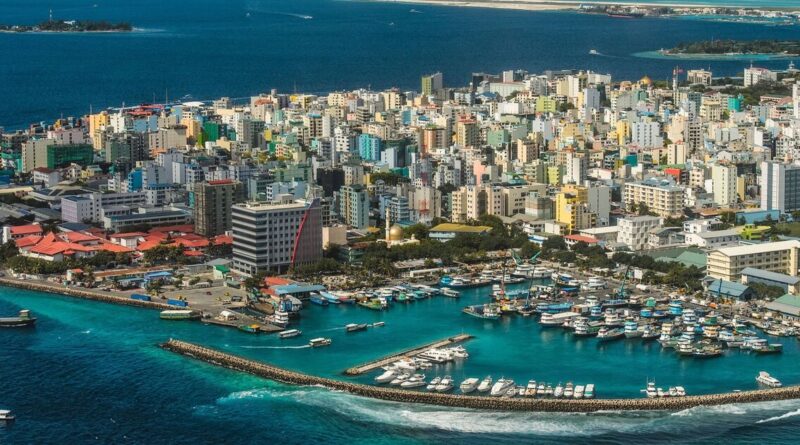The Maldives capital city of Male faces overcrowding and a major housing crisis | World | News
Despite the allure and wonder that is the Maldives, the popular tourist destination grapples with a mounting issue that many may be unaware of.
The tropical paradise saw a record-breaking 1.7 million visitors in 2024, but most are none the wiser about the region’s massive urban conundrum.
When thinking about the Maldives, a vision of utter paradise with luxurious resorts scattered throughout often springs to mind.
While this imagery is usually spot on when it comes to the tourist side of the island, the reality for the country’s residents is far from idyllic.
Malé is the region’s capital and is said to be experiencing a major housing crisis. Its residents are entangled in an ongoing web of housing problems and congestion.
The Maldives’ capital city is far from the postcard-perfect image of its popular sister island as it suffers from a very limited land area.
Malé is roughly 3.20 sq miles with around 262,925 residents, making it one of the most densely populated cities in the world.
Due to its limited land area, the city had no choice but to expand horizontally, resulting in a skyline dominated by skyward apartment buildings.
Among its towering buildings, down below, the city of Malé is filled with tight streets and a significant lack of available space.
Malé also faces a major housing crisis due to the immense population surge thanks to the rural-to-urban economic and migration opportunities.
This has had a knock-on effect on property prices in the capital city, with residents facing a significant lack of housing options while also grappling with overcrowding and congestion.
To make matters worse, there has been a ripple effect on the region’s infrastructure, including public services and roads.
Malé has faced several health hazards, too, due to inadequate waste management systems, with major environmental concerns plaguing the region.
To help remedy the housing crisis, the Binveriyaa Housing Scheme was adopted. This is a land reclamation project that the Maldives president, Ibrahim Mohamed Solih, believes will have positive implications for the country thanks to its major development initiative.
According to the Ministry of National Planning, Housing, and Infrastructure, around 19,631 individuals are eligible in this scheme’s final list, which allowed Malé residents to be eligible for new land.
The sheer number of applicants is a stark reminder of how dire the housing situation is in Malé, but it does offer a glimmer of hope.
Other plans to help remedy the situation in the Maldives’ capital city include assigning land plots from Hulhumalé and Gulhifalhu at the National Stadium.




